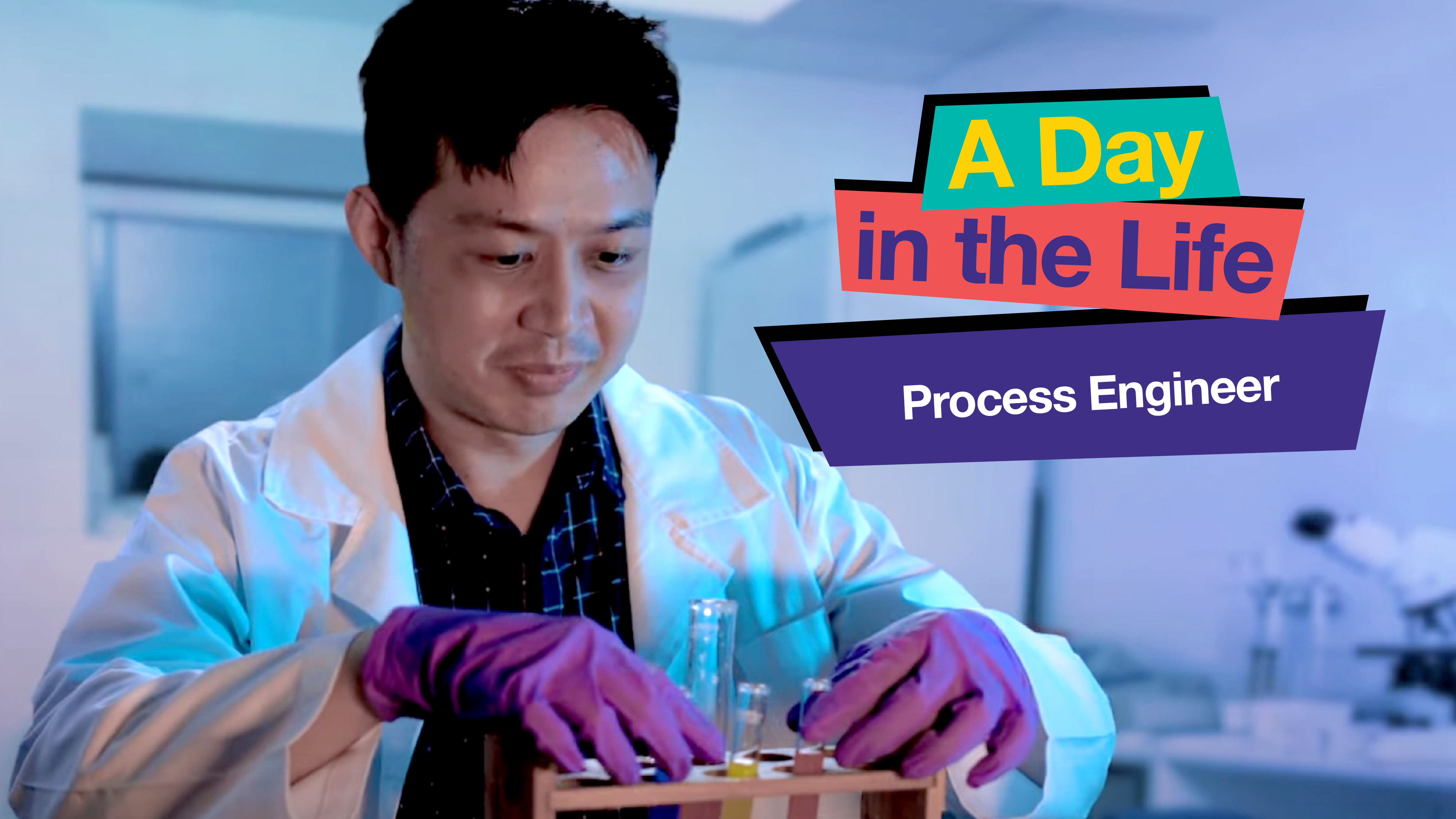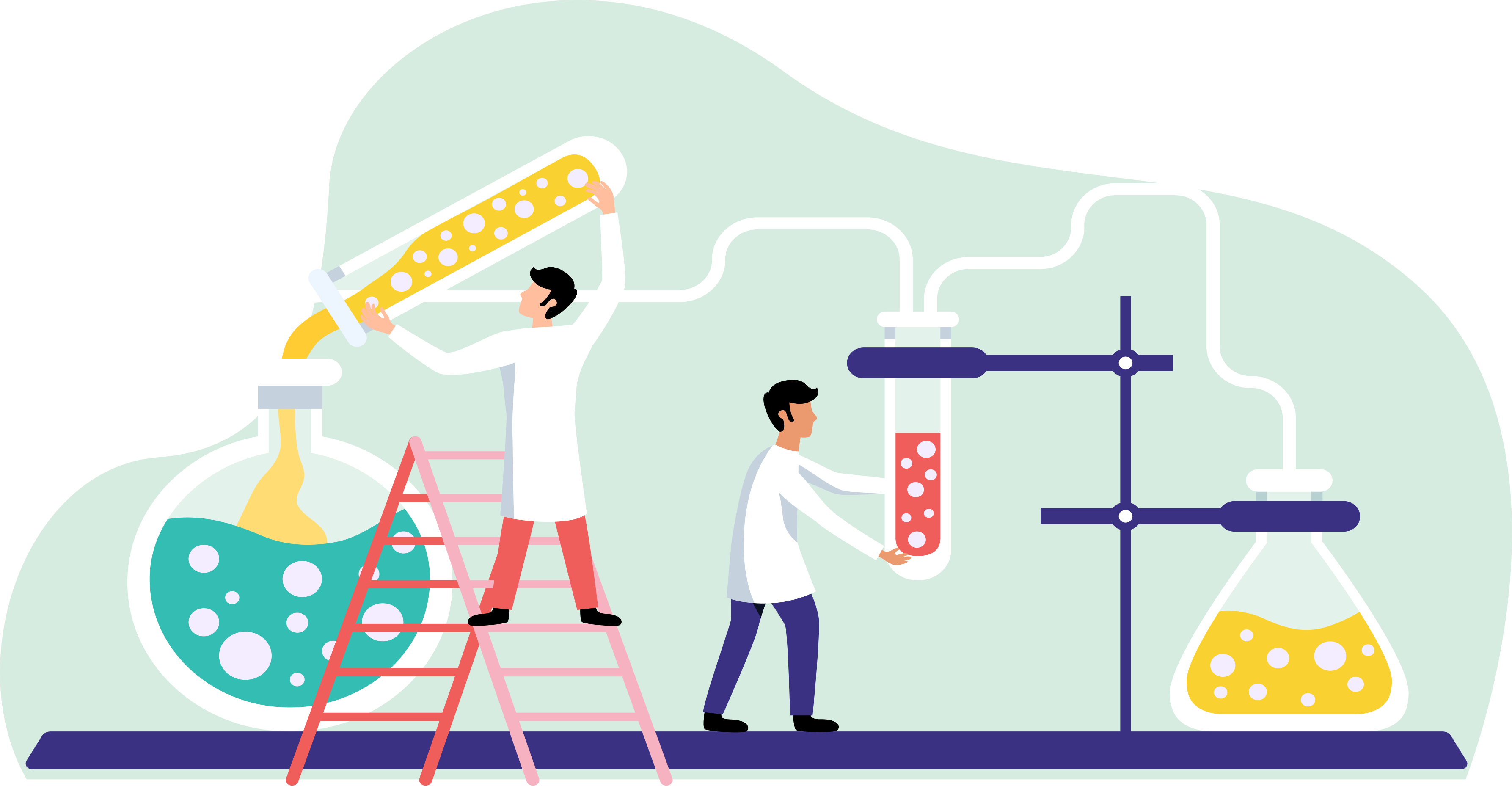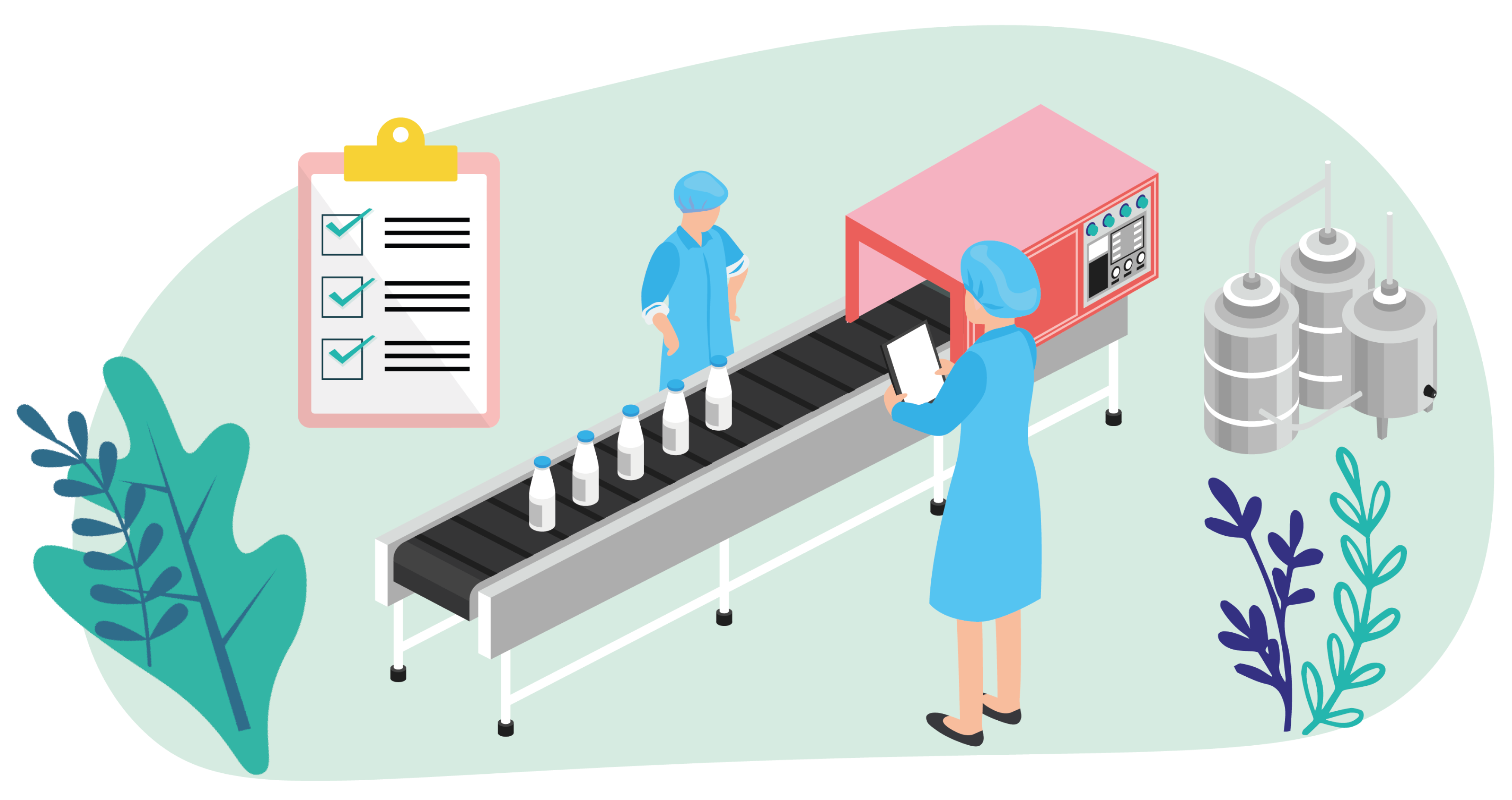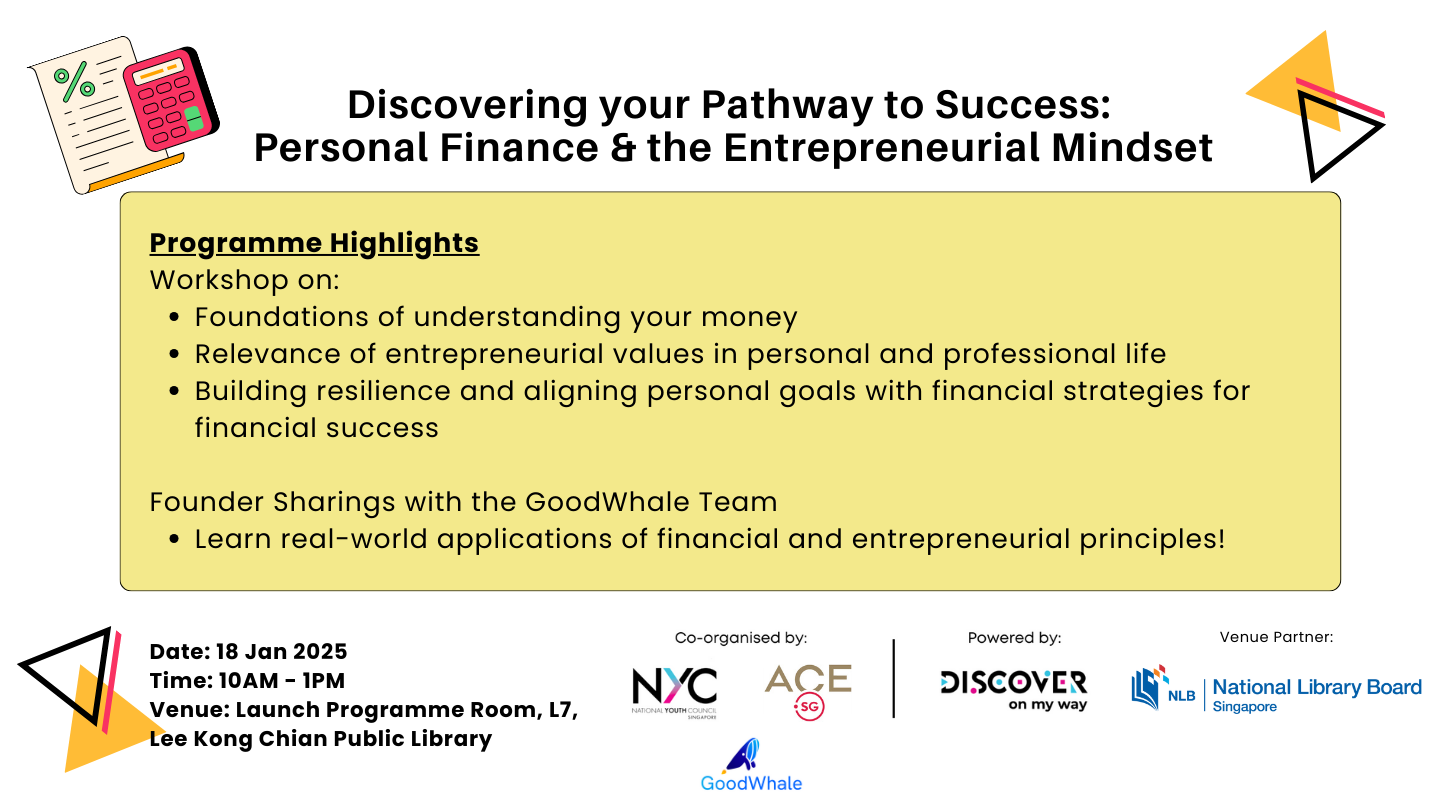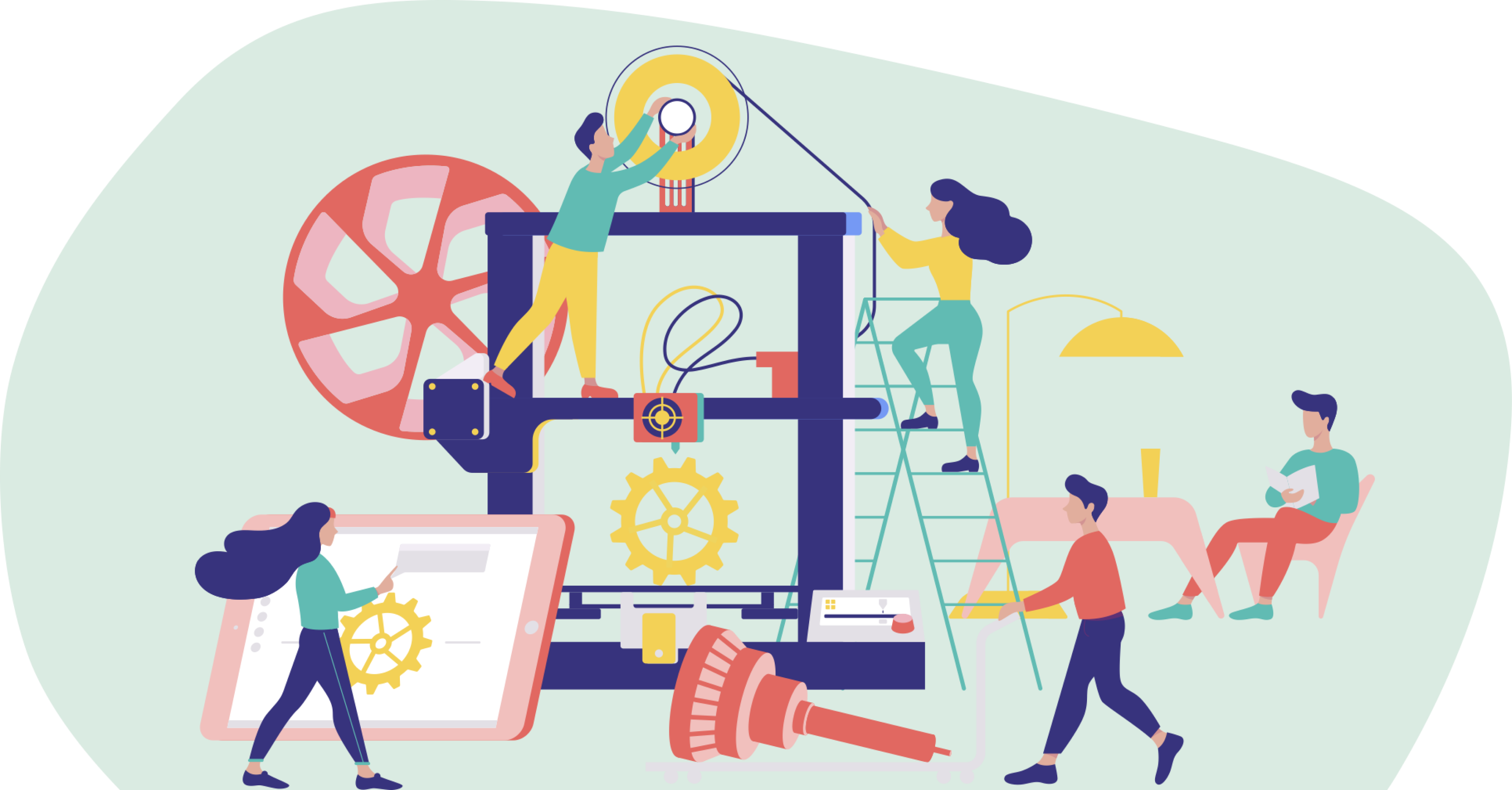
Process Engineers monitor and ensure that chemical plants and process units run smoothly.
Energy and Chemical Process Engineer Job Description
- Design, operate and oversee chemical plants and their operation, ensuring they function smoothly and produce products according to specifications.
- Conduct health checks of production units to identify issues.
- Conduct research for ways to improve manufacturing processes like developing more sustainable production methods.
- Perform day-to-day monitoring of process units, ensuring parameters like temperature, pressure, and flow rates remain within established specifications.
Note
It is a misconception that Process Engineers do dangerous work. While they do deal with potentially hazardous materials, there are plenty of safety considerations that go into the design and operation of chemical plants!
What you should know about Energy and Chemical Process Engineer jobs in Singapore
Nature of Work
As Process Engineers, you will use advanced design, ideation and simulation programmes, allowing constant improvement without interrupting manufacturing.Key advice
Stay updated on solar and wind project developments. You are the key to Singapore’s shift towards sustainability.-
Entry RequirementsEntry Requirements
- A bachelor’s degree in Engineering (Chemical and Biomolecular Engineering) is preferred.
- Relevant work experience in chemical plants is a bonus!
- Possess good knowledge of international codes and standards as well as software and tools is advantageous.
-
Possible PathwayPossible Pathway
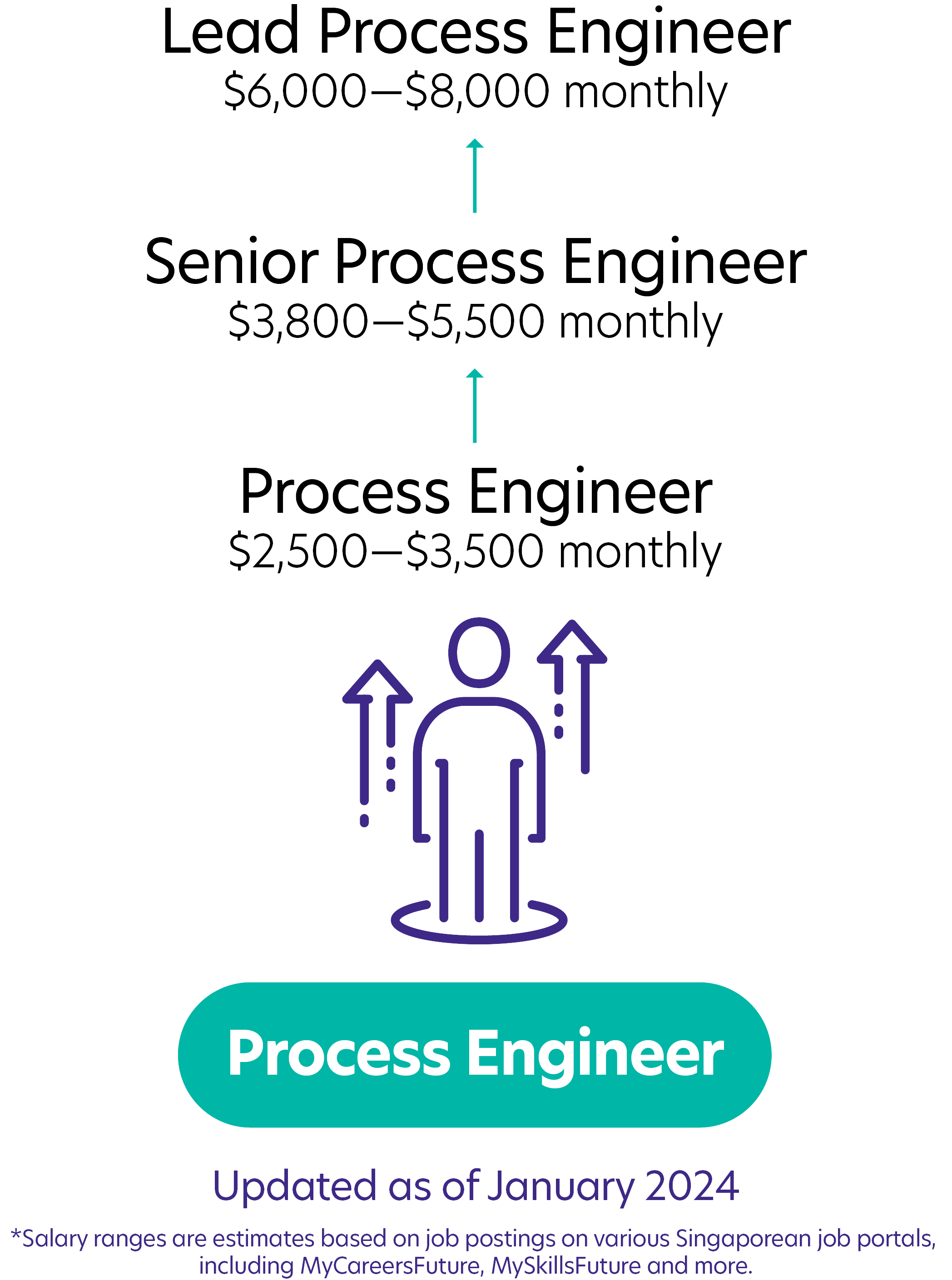
Skills you need to pursue an Energy and Chemical Process Engineer career in Singapore
Numerical Skills
Mastering numerical skills to make precise calculations in process design and optimisation.Data and Statistical Analytics
Improve energy and chemical processes with data analytics.Process Control
Implement and manage advanced control systems for optimal energy & chemical production.Collaboration
Excelling in teamwork, particularly in multidisciplinary projects, to integrate diverse perspectives and expertise.Communication
Explain complex technical concepts to stakeholders to ensure effective information flow and collaboration.Problem-Solving
Innovating and adapting solutions for complex energy and chemical-related processes.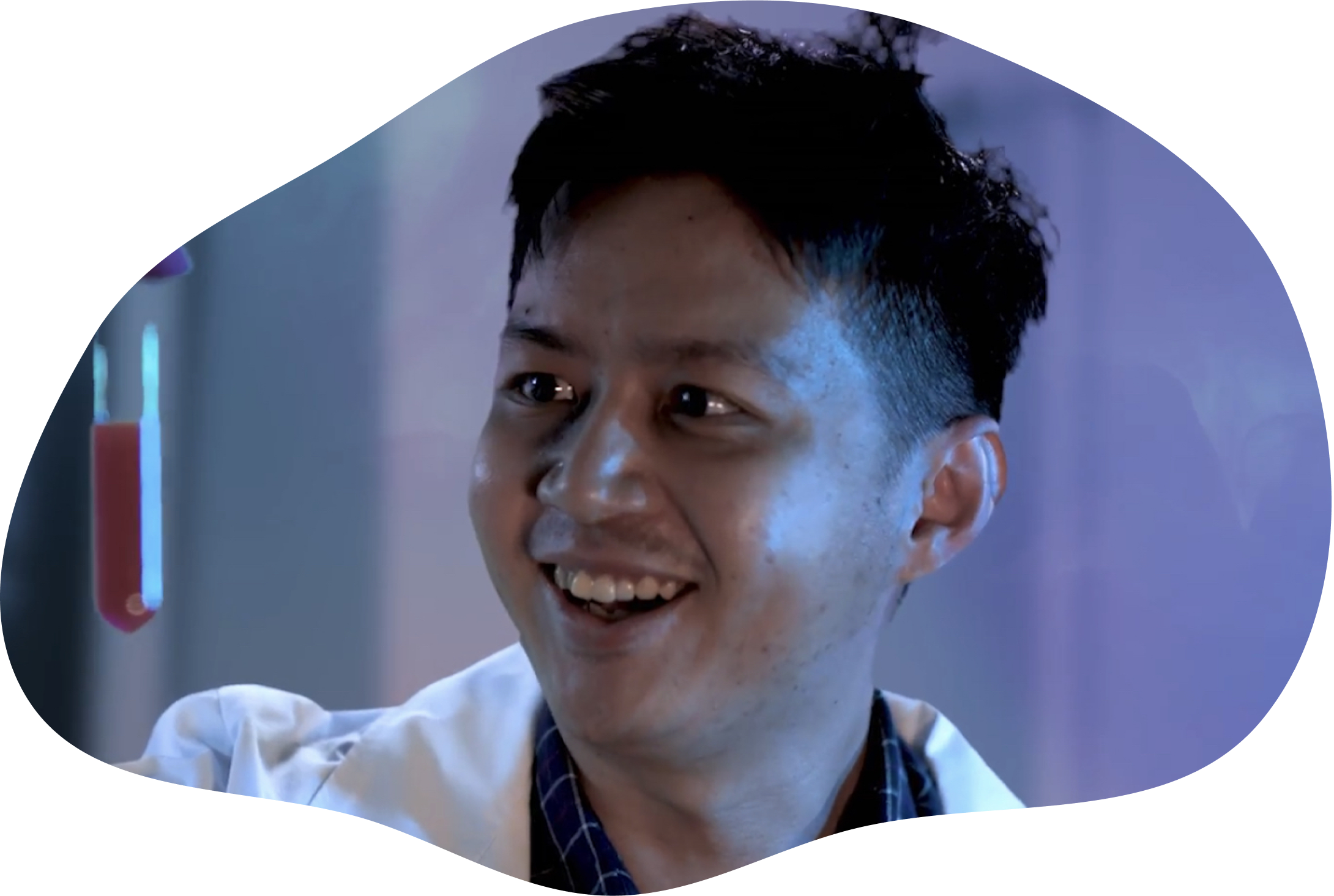
“There will always be issues to solve but they are learning opportunities for growth as an engineer.”
Zhi Xiang, Chemical Engineer
Related Job Roles
Explore Other Programmes
Browse AllYou have bookmarked your first item!
Find it in My Discoveries with insights on your interests!

